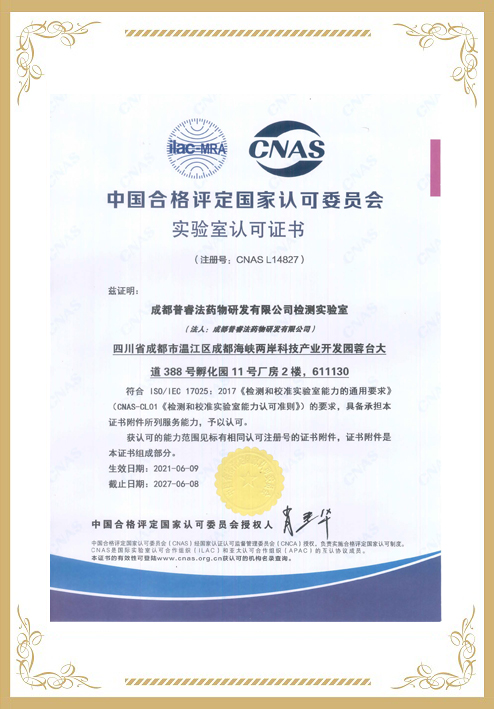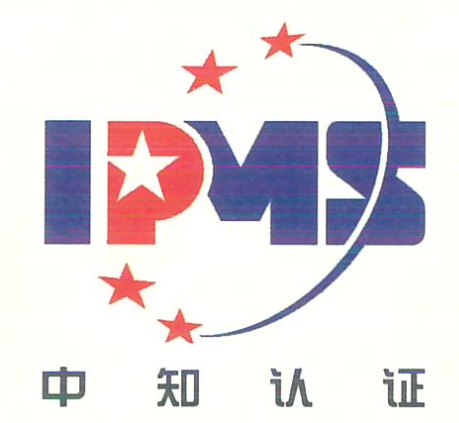Ulcerative colitis (UC) is a chronic inflammatory bowel disease (IBD) that primarily affects mucosa and submucosa of colon and rectum. Although the exact etiology of UC remains elusive, increasing evidence has demonstrated that the gut microbiome and its interaction with host metabolism plays an important role in UC development. The objective of this study was to investigate the therapeutic potential and mechanism of dimeric proanthocyanidins (PAC) enriched from ethyl acetate extract of Ephedra roots on UC from the perspective of gut microbiota and metabolic regulation. In this study, a bio-guided strategy integrating LC-MS analysis, DMAC assay, antioxidant screening, and antiinflammation activity screening was used to enrich dimeric PAC from Ephedra roots, then untargeted metabolomics combined with gut microbiota analysis was performed to investigate the therapeutic mechanism of PRE on UC. This is the first study that combines a bio-guided strategy to enrich dimeric PAC from Ephedra roots and a comprehensive analysis of their effects on gut microbiota and host metabolism. Oral administration of PRE was found to significantly relieve dextran sodium sulfate (DSS)-induced ulcerative colitis symptoms in mice, characterized by the reduced disease activity index (DAI), increased colon length and improved colon pathological damage, together with the down-regulation of colonic inflammatory and oxidative stress levels. In addition, 16 S rRNA sequencing combined with untargeted metabolomics was conducted to reveal the effects of PRE on gut microbiota composition and serum metabolites. PRE improved gut microbiota dysbiosis through increasing the relative abundance of beneficial bacteria Lachnospiraceae_NK4A136_group and decreasing the level of potentially pathogenic bacteria such as Escherichia-Shigella. Serum metabolomics showed that the disturbed tryptophan and glycerophospholipid metabolism in UC mice was restored after PRE treatment. Collectively, PRE was proved to be a promising anti-UC candidate, which deserves further investigation in future research.























